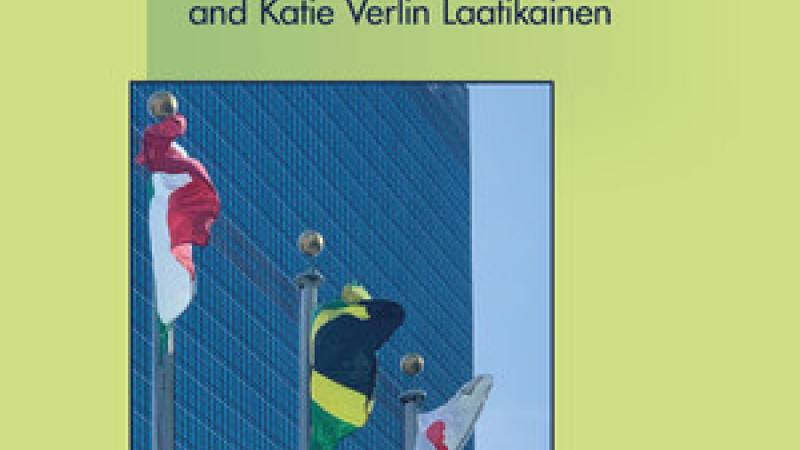
Group Politics in UN Multilateralism provides a new perspective on diplomacy and negotiations at the United Nations. Very few states ‘act individually’ at the UN; instead they often work within groups such as the Africa Group, the European Union or the Arab League. States use groups to put forward principled positions in an attempt to influence a wider audience and thus legitimize desired outcomes. Yet the volume also shows that groups are not static: new groups emerge in multilateral negotiations on issues such as climate, security and human rights. At any given moment, UN multilateralism is shaped by long-standing group dynamics as well as shifting, ad-hoc groupings. These intergroup dynamics are key to understanding diplomatic practice at the UN.